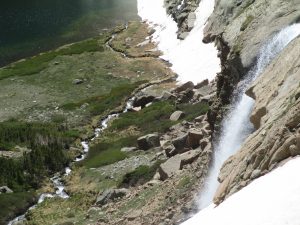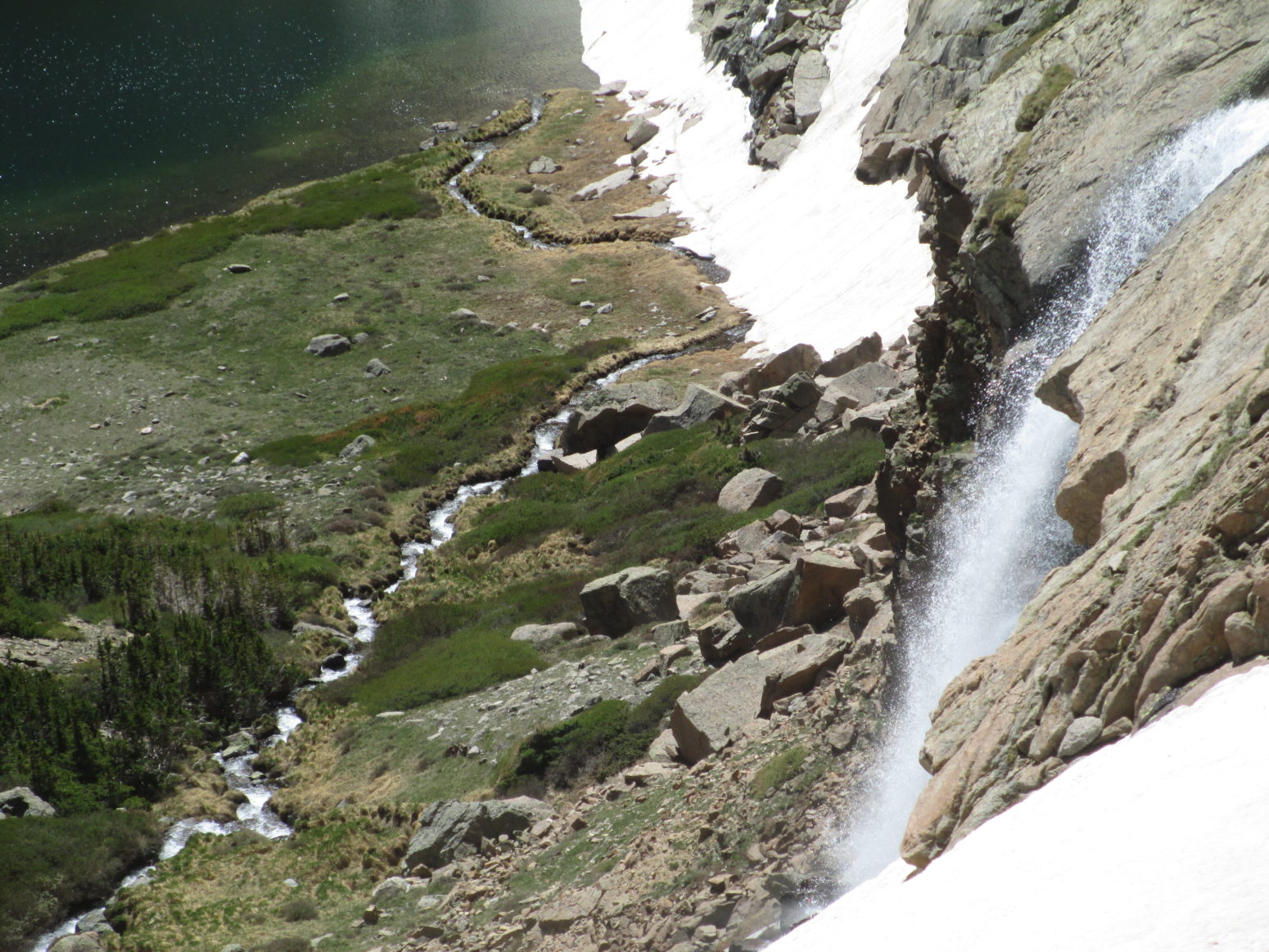10 Ways to Stay Healthy in the Midst of the Flood
With all the recent flooding we recognize that some of you may be stranded in your homes with little resources. Others may be helping their neighbors pull out musty carpet, pump out basements, or just trying to support those we love. Here are 10 things you can do to take care of yourself and your family, stay healthy and prevent illness in the midst of the flood.
- Stay calm and try not to worry about what you cannot control. Pay attention to your body and try to keep it relaxed. Conserve your energy if you are stranded.

- Rest and stay hydrated as much as you are able with clean water (boiled, bottled or treated) to allow your immune system to keep you healthy. You can add electrolytes if you have them or a pinch of salt and tablespoon of sugar to a liter of water.
- Support your immune system with what you already have in your cupboards. Take a multivitamin, Vitamin C 1,000mg 2-6 times/day, Elderberry syrup. Here is a list of immune supportive foods: ginger, onion, garlic, oranges/citrus, sweet potato, squash, cayenne pepper. Drinking fluids, getting rest, stress management and routine are the best things you can do to stay well.
- Keep your lungs healthy, especially in the mud and dampness and potential for mold and mildew growth these next few days and weeks. Get outside and breathe some fresh air if possible and move around to stay warm but allow the fresh air to circulate through your lungs. This is especially important if you are confined to a space that has mold, mildew or other air pollution concerns. Run a vaporizer with essential oils to purify the air. Most pure essential oils are anti-microbial. Some examples are eucalyptus, tea tree, lavender, orange, lemon and other citrus.
- Sleep and try to stay in a part of your house that was not affected by the flood, such as an upper level and is least likely to be near moisture and thus mold or mildew.
- If you are coughing or having any type of allergic symptoms (and to prevent these from happening), do the following: Steam inhalation –using pure or clean boiled water and an essential oil such as eucalyptus, thyme, oregano or tea tree, inhale the steam from a bowl of very hot water with a few drops of these oils placed in after boiling. Placing a towel over your head can help keep the steam in so you can be inhaling through your nose and mouth for 10 minutes or until it cools. Do this a few times a day, especially upon waking and before bed. Neti Pot Nasal Lavage – using pure or boiled water, add a ½ teaspoon of each salt and baking soda to approximately 1 cup of luke warm water. Use this as a nasal lavage 1-3 times/day to clean any fungus or other microbes from your nasal passages and prevent upper respiratory and sinus infections. If this concentration stings, adjust the amounts of salt and baking soda added.
- Try to manage your stress as much as you are able. As much as possible, do not come into contact with floodwater as many are contaminated with sewage and other waste. Do not eat food or drink water that has been touched by floodwater. Use gloves, boots and facemasks when cleaning up and even facemasks when sleeping if you are concerned about mold. If you can, run a dehumidifier, fans and open windows to dry things out and allow fresh air to circulate in your living spaces. Herbal teas that are relaxing: chamomile, passionflower, mints, skullcap. Magnesium, homeopathic rescue remedy, meditation and prayer can help in times of stress. If your nerves are making you nauseous or have digestive complaints, ginger tea can help settle your stomach. Taking 1-2 teaspoons of apple cider vinegar before meals can help with digestion.
- Try to find reasons to be grateful. Think as a group and take care of each other. If you are with others, give and receive comfort and support.
- Clean up well. Mold and mildew can be various colors and difficult to see. It can also grow under wood, carpet and other materials unseen to the eye. Be aware of suspicious smells and use a dehumidifier and fans to try to dry everything out. Also, as much as possible keep many windows open to allow fresh air inside. Use baking soda, vinegar and bleach to clean up your home. Hire an expert to assess and remove any molds and mildews.
- Use protective gear such as facial masks, gloves, rubber boots etc. Much of the floodwater was contaminated with sewage and especially as the water and mud dries up, dust in the air will go into your lungs, so it is especially important to wear a facemask to create a barrier between any potential mold or mildew in the air.




